Hey, friend! Ever found yourself wondering how someone can figure out if drugs were used recently without making a big fuss? Picture this: a quick swipe inside your cheek, and boom—results in minutes. That’s the magic of a mouth swab drug test. These tests are popping up everywhere, from workplaces to roadside checks, because they’re fast, easy, and tough to trick. But what’s the deal with them? How do they compare to the classic pee-in-a-cup urine tests? And what should you know if you’re facing one? Grab a comfy seat, and let’s dive into everything about mouth swab drug tests, like we’re chatting over coffee. I’m excited to break it down for you!
Getting to Know Mouth Swab Drug Tests

So what exactly is a mouth swab drug test? It is an extremely easy way to test for drugs or alcohol by analyzing the saliva. No needles, nor any uncomfortable bathroom trips – just a quick swab of the inside of your cheek with a piece of cotton or foam. It is simple, the process of which takes just a couple of minutes, and the results are often immediate. This is why it is mainly used by employers for impromptu tests, traffic police, and sometimes even firms that offer the best rehab treatments. In other words, who would decline a test that is so trouble-free? The swab takes up the drug or alcohol samples from your saliva and this gives you the necessary information about the substances that were there recently.
How Do These Tests Work?
Let’s get into how it all goes down. When you take a mouth swab test, someone trained—like a nurse or a tester—asks you to open your mouth. They swipe a swab along your cheek or under your tongue to collect saliva. That saliva is then tested, either right there with a rapid kit or sent to a lab for a deeper look. Rapid tests are awesome because you get answers in minutes, perfect for when time’s tight, like during a traffic stop. Lab tests take a bit longer but are extra precise. It’s like choosing between a quick Polaroid or a high-res photo—both work, but one’s faster.
The Science Behind It
Ready? Let’s do some geeking (I promise not to overload you!). When you opt for drugs or alcohol, your system is in charge of their reduction into small particles, which are known as metabolites. These metabolites stay in your saliva that come directly from the mouth or enter the mouth from your blood. Be cause the body continuously produces saliva, it is like a frequent report of your recent activities that is usually one or two days ago. As a result, the tests with the oral swabs are really good at detecting drug usage that may have happened very recently, as opposed to urine tests that may be an informant to the use of substances in the past weeks. Isn’t that interesting?
What Can Mouth Swab Tests Detect?

These tests are like detectives, sniffing out a bunch of substances. Here’s what they can spot:
- Marijuana (THC)
- Cocaine
- Opioids (like heroin, fentanyl, codeine, morphine)
- Amphetamines (like meth, ecstasy)
- Alcohol
- Nicotine
Each substance sticks around in your saliva for a different amount of time, kind of like how some guests leave a party early while others linger.
Detection Windows: How Long Do Drugs Stay?
Let’s talk about how long these substances hang out in your saliva. Here’s a handy table to keep it clear:
| Substance | Detection Window |
|---|---|
| Alcohol | 12–24 hours |
| Cannabis/Marijuana | 24–48 hours (up to 72 hours for heavy users) |
| Cocaine | Up to 3 days |
| Codeine | 24–48 hours |
| Ecstasy | Up to 2 days |
| Fentanyl | 24–48 hours |
| Heroin | Up to 5 hours |
| Hydrocodone | 24–48 hours |
| Methadone | Up to 2 days |
| Morphine | Up to 4 days |
| Nicotine | Up to 5 days |
| Oxycodone | Up to 3 days |
➤ Want to know more about meth detection? Dive into How Long Does Meth Stay in Your System?.
These times aren’t set in stone. It can vary according to elements e.g. the amount used, your metabolism, and age. One instance if you are a person that smokes weed once in a while, Weed/THC can stay in your body for a maximum of 3 days, but it would probably take only one day if it is one Puff that you’ve inhaled. For example, if someone can quickly recover after a sleepless night, but someone else can’t.
What Affects Detection Times?
Here’s what can mess with how long drugs stay in your saliva:
- Metabolism: Got a fast metabolism? Drugs might clear out quicker.
- Age: Older folks might process drugs a bit differently.
- Liver/Kidney Function: These organs are the cleanup crew for drugs.
- Dose and Frequency: More use means longer detection.
- Drug Quality: Stronger stuff can stick around longer.
Think of it like cleaning your kitchen after a big meal—the messier it is, the longer it takes to tidy up.
Are Mouth Swab Tests Accurate?
Accuracy is a big deal, right? Nobody wants a test saying they used drugs when they didn’t. Good news: when done right, mouth swab tests are super accurate, with sensitivity up to 98–100% for many drugs, meaning they rarely miss a positive. They’re also pretty good at avoiding false positives, with specificity around 86–99%. But, some drugs, like benzodiazepines, can be trickier to detect accurately, and false positives might happen more often.
What Influences Accuracy?
A few things can nudge the accuracy of a mouth swab test:
- Health and Age: Your body’s unique setup can affect results.
- Dose: Bigger doses are easier to spot.
- Test Quality: Cheap kits might not be as reliable.
- Tester Skill: The person swabbing needs to do it right.
- Timing: Testing too early or late can skew things.
Oh, and here’s a tip: don’t eat or drink for 10 minutes before the test. It could mess up the sample, like trying to take a clear photo through a foggy lens. According to this guide on saliva testing, that’s important for maintaining accuracy.
Mouth Swab vs. Urine Tests: The Showdown

Now, let’s put mouth swab tests head-to-head with urine tests. Both are common, but they’re like apples and oranges. Here’s how they compare:
| Feature | Mouth Swab Test | Urine Test |
|---|---|---|
| Detection Window | 1 hr–48 hrs | Days–Weeks |
| Administration | Quick, observed | Private, supervised |
| Tamper-Resistance | High | Moderate |
| Cost | Low–Moderate | Low |
| Results Speed | Minutes | Hours–Days |
| Privacy Concerns | Low | Higher |
Key Differences
Detection Window: Mouth swabs catch recent use (think hours to a couple of days), while urine tests can spot drugs from weeks back. If you’re checking if someone’s high right now, go with a swab. Looking for past use? Urine’s your pick.
Administration: Swabs are done in front of the tester, so no sneaking around. Urine tests need a private bathroom, which can feel awkward.
Tamper-Resistance: Swabs are tough to cheat since someone’s watching. Urine tests? People might try swapping samples or adding stuff to hide drugs.
Cost and Speed: Urine tests are often cheaper, but swabs give results faster—sometimes in minutes!
Privacy: Swabs are less invasive. No undressing or peeing in a cup, which can feel like a win for dignity.
Based on this guide, these factors can make a big difference depending on your needs.
When to Choose Each
Use a mouth swab for random workplace tests, roadside checks, or when you need to know about recent use. Go for a urine test if you’re screening for long-term use or doing a thorough check. It’s like picking the right tool for the job—screwdriver or hammer, depending on the task.
Pros and Cons of Mouth Swab Tests
Every test has its ups and downs. Let’s weigh them.
Advantages
- Non-Invasive: Just a swab—no needles or cups.
- Fast Results: Often ready in minutes.
- Cheat-Proof: Hard to fake with someone watching.
- Recent Use: Great for catching current impairment.
Limitations
- Short Window: Misses long-term use.
- Some Drugs Trickier: Less accurate for things like benzodiazepines.
- Accuracy Variables: Health or test quality can affect results.
It’s like choosing a car—great for some trips, but not perfect for every journey.
Legal and Ethical Stuff to Know

Drug testing isn’t just about science; it’s about rights and fairness too. Let’s talk about that.
Workplace Rules
In the U.S., employers can usually test for drugs, especially in jobs where safety’s a big deal, like driving trucks or operating machinery. But state laws vary. Some places say you need a good reason to test, not just random checks. Employers should be clear about why they’re testing and follow the rules. Employees, you’ve got rights—ask why you’re being tested and check the results if you want. It’s all about keeping things fair.
Roadside Testing
Cops might use mouth swabs to check for drugs or alcohol during traffic stops. But whether those results hold up in court depends on where you are. Know your local laws, and stay calm if it happens to you.
Privacy and Consent
Even though swabs are less invasive, they’re still taking a sample from your body. Employers should respect your privacy and get your okay before testing. It’s like borrowing your phone—they should ask first. As noted in this testing overview, workplace drug testing should always be done with informed consent.
Preparing for a Mouth Swab Test
Facing a test? Here’s how to get ready without stress.
Know the Process
It’s simple: a quick swab, then either instant results or a lab check. No big deal, and it’s over fast.
Understand Your Rights
You can ask why you’re being tested and what they’re looking for. If the test is positive, you can often request a retest. Knowledge is power!
Tips to Prepare
- Stay Clean: The best way to pass? Don’t use drugs.
- Oral Hygiene: Brush and floss, but don’t do it right before the test—it might look suspicious.
- Stay Hydrated: Drink water, but don’t chug tons right before.
- Know the Timing: If you’ve used something, check those detection windows.
Here’s the real talk: trying to cheat a test is risky and often illegal. Honesty’s the way to go. If you’re worried, maybe it’s time to think about healthier choices.
Wrapping It Up
Phew, we covered a lot, didn’t we? Mouth swab drug tests are a quick, clever way to check for recent drug use, perfect for keeping workplaces safe or ensuring drivers aren’t impaired. They’re less invasive than urine tests, super hard to cheat, and give results fast. But they’re not perfect—they won’t catch long-term use, and accuracy can depend on a few factors. Whether you’re an employer setting up a testing program or someone facing a swab, knowing the ins and outs makes all the difference.
➤ Curious about cocaine detection? Check out How Long Does Cocaine Stay in Your Urine?.
Though taking a drug test can be quite a frightening experience, the tests are not about anything other than safety and equity. If you are going through substance abuse, don’t hesitate to ask for help. Places such as SAMHSA’s helpline are very much available for you. Got questions or stories about drug tests? Drop them below—I’d love to hear from you. Let’s keep this convo going!

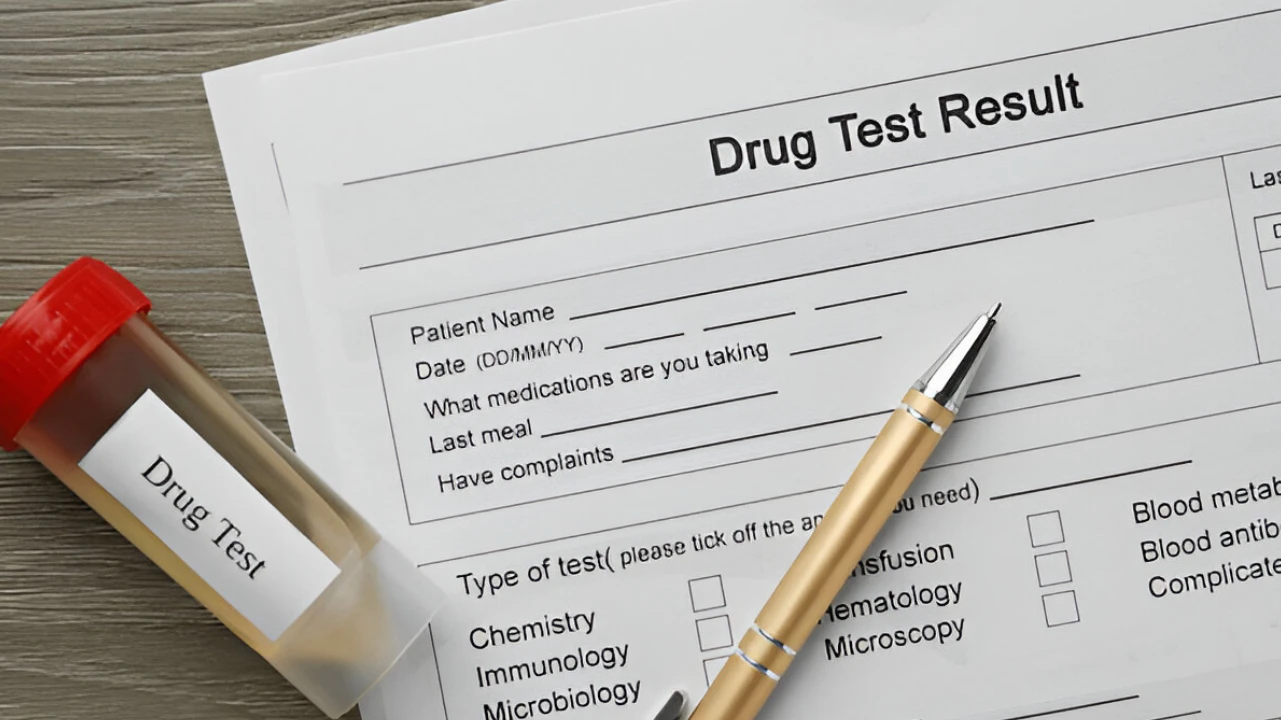

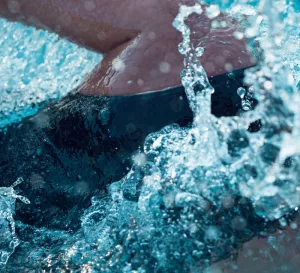
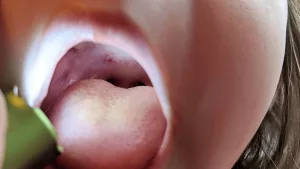






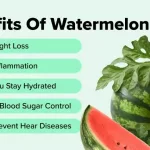
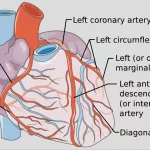
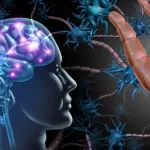

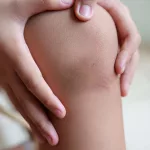


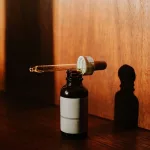

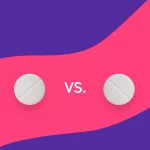


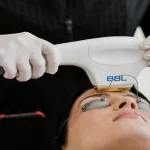
Leave a Reply
You must be logged in to post a comment.